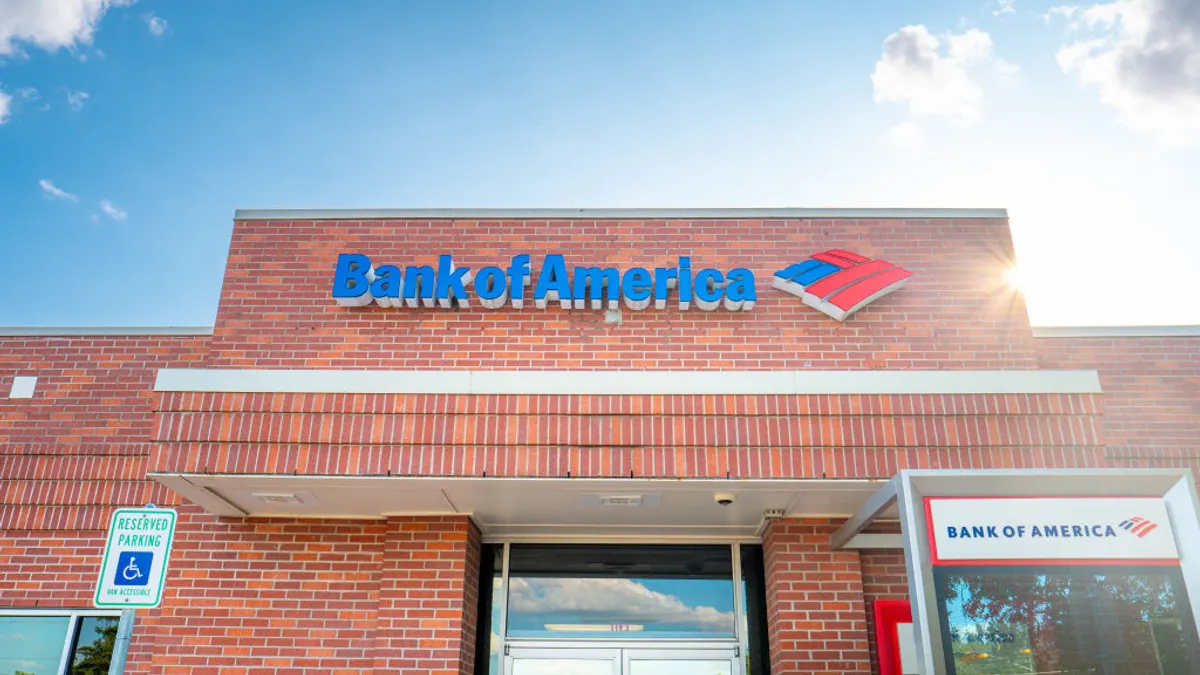The collapse of German payment processor Wirecard is a lesson in the importance of diversification, and one that could have regulatory implications for U.S.-based firms, said Kim Muhota, vice president in SSA & Company's financial services practice.
"There is going to be added pressure to make sure that, as a challenger bank or as a fintech that's relying on a provider, you have some level of diversification of your value chain," Muhota said.
Wirecard, which filed for insolvency last month after owing creditors €3.5 billion, is at the center of a corporate accounting scandal some analysts have described as the "Enron of Germany."
The company's ex-CEO Markus Braun was re-arrested, along with two other former Wirecard officials, as German prosecutors said Wednesday the company knew about its losses as early as 2015.
A series of investigations into the payments processor revealed the company was unable to account for almost €2 billion that was supposed to have been held by two banks in the Philippines.
The country's central bank confirmed last month that the funds had never entered its financial system, and accounting firm EY has since accused the Munich-based company of committing an "elaborate and sophisticated fraud."
So what can U.S. fintechs learn?
"For the challenger banks and the fintechs who are disrupting, the message here is: Think about diversifying your supply chain and your partners," Muhota said.
U.K. regulators suspended Wirecard's British arm for four days after the company's insolvency, according to Business Insider.
For U.K.-based banking apps, including Curve, Anna Money, Pockit and U Account, which rely on Wirecard's U.K. arm to process payments, the four-day suspension meant thousands of customers couldn't access their cash.
"We fully understand the inconvenience the temporary suspension of our services has caused for our valued customers," a spokesperson from Wirecard Card Solutions in the U.K. told CNBC. "We are in constant dialogue with the [Financial Conduct Authority] and are working hard with them and our advisors to have the steps in place which will enable the suspension to be lifted so business can resume."
Having a diverse portfolio of third-party providers would have prevented the scenario in which many U.K. fintechs found themselves, Muhota said.
"It's really just a risk management play — the classic, don't have all your eggs in one basket," Muhota said.
Curve, which has more than 1.3 million accounts on its platform, has transitioned its payment processing from Wirecard to London-based Checkout.com, CNBC reported.
For fintechs, which are often praised for their ability to move faster than incumbents, risk management shouldn't be viewed as a hurdle to innovation, Muhota said.
"If you're a founder or board member of a fintech that's doing well and growing quickly, don't look at risk management and oversight as coming in the way of innovation," he said. "In many ways, risk management could actually help drive growth — measured growth, smart growth — and ultimately drive profitability, which is the net objective."
Proper risk management processes should start early in a company and not be pushed back in favor of other goals, Muhota said.
"As you start to accelerate and get bigger, risk management just becomes so central to an overall growth strategy that if you don't invest in it sooner or early, it could really come back to bite you later," he said.
More regulation likely
Wirecard's fallout is likely to usher in increased regulation for fintech companies — and not just in Europe, Muhota said.
German Finance Minister Olaf Scholz called the Wirecard scandal "a wake-up call that we need more oversight, more controls" over financial firms, according to DW.
The European Union is also investigating the German regulator BaFin over Wirecard's collapse, Reuters reported.
Scrutiny of the Wirecard saga in Europe could have ripple effects that impact the U.S.'s regulatory landscape, Muhota said.
"For fintechs and non bank financial services players, the argument that has gone on for years and years is degree of regulation — the fact that a lot of fintechs are not as heavily regulated as banks," he said. "I think there is going to be increasing pressure for the regulators to take a closer look at a bunch of fintechs, as well as payment companies."
Wirecard's failure also has implications for consumer confidence in the sector, Muhota said.
"If I had an account with Wirecard and my funds got frozen, do I know if this company is going to exist in six months? That would give me pause as a consumer," he said.
For challenger banks that had to seek out new partnerships after Wirecard's services were suspended, winning back previous customers could be difficult.
"[E]ven if they get up and running again quickly, the damage to customer trust is likely to be irreparable," Sarah Kocianski, head of research at fintech consultancy 11:FS, told CNBC.
Another lesson fintechs can take away from the Wirecard scandal is the importance of making sure a company’s corporate governance and controls are prominently displayed on a fintech's website.
"You want to make sure that it’s pretty darn clear that you have robust controls and oversight so that any sense of risk that the consumer might feel as a result of something like the Wirecard scandal is mitigated from the get-go," Muhota said.














